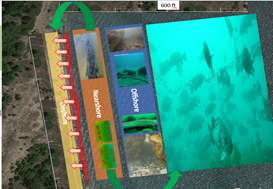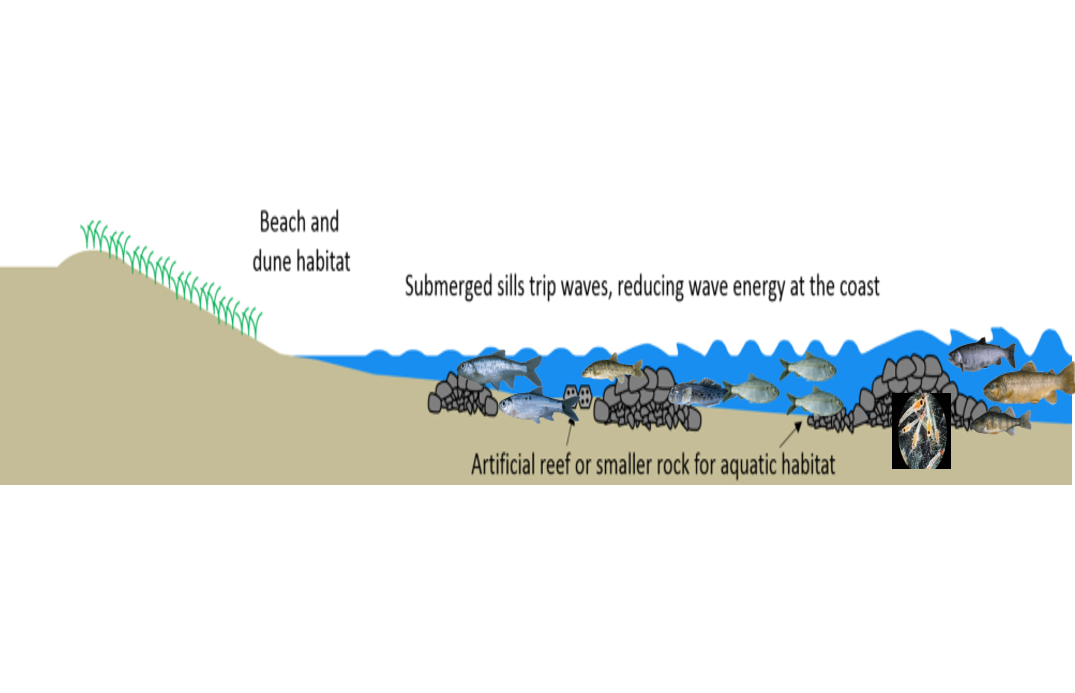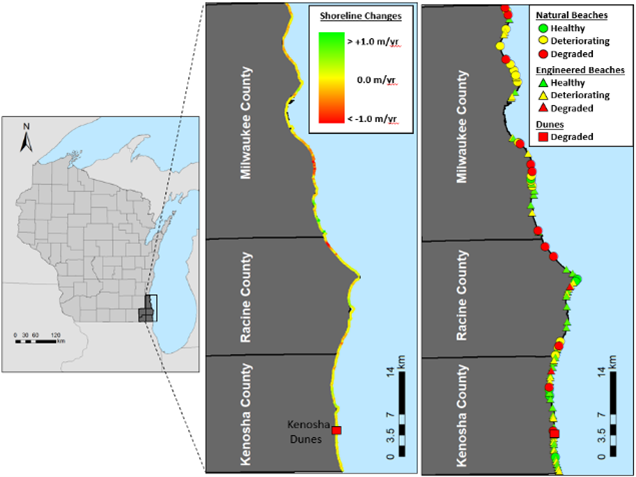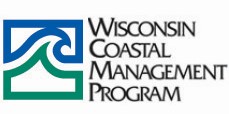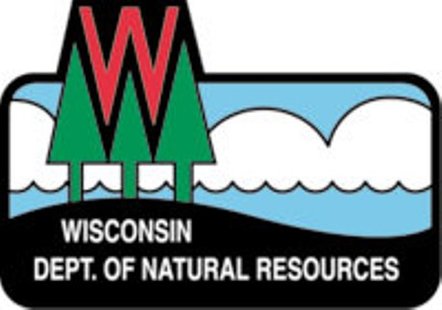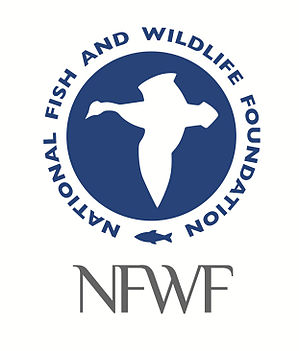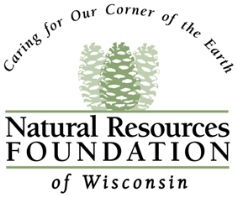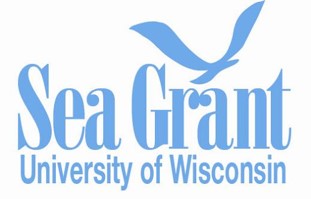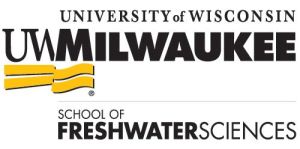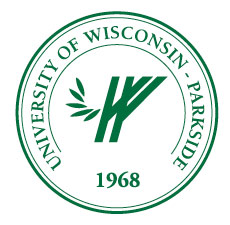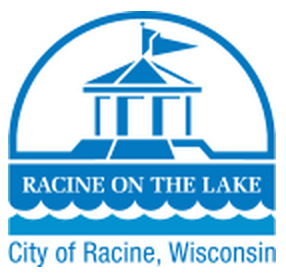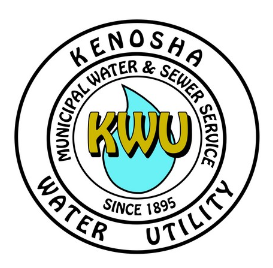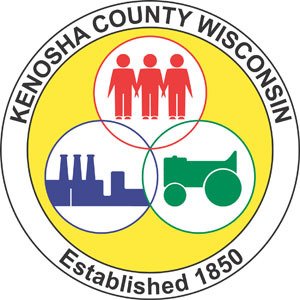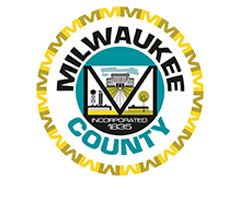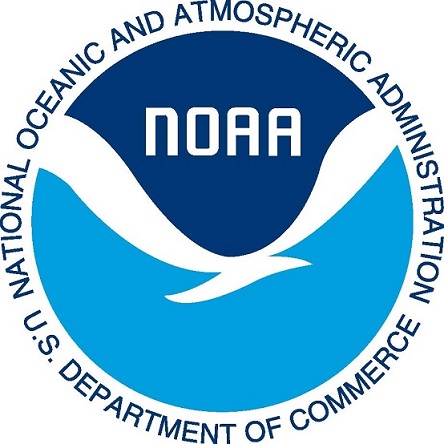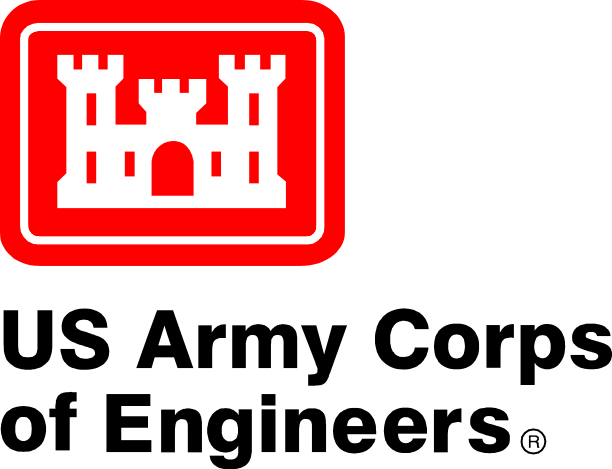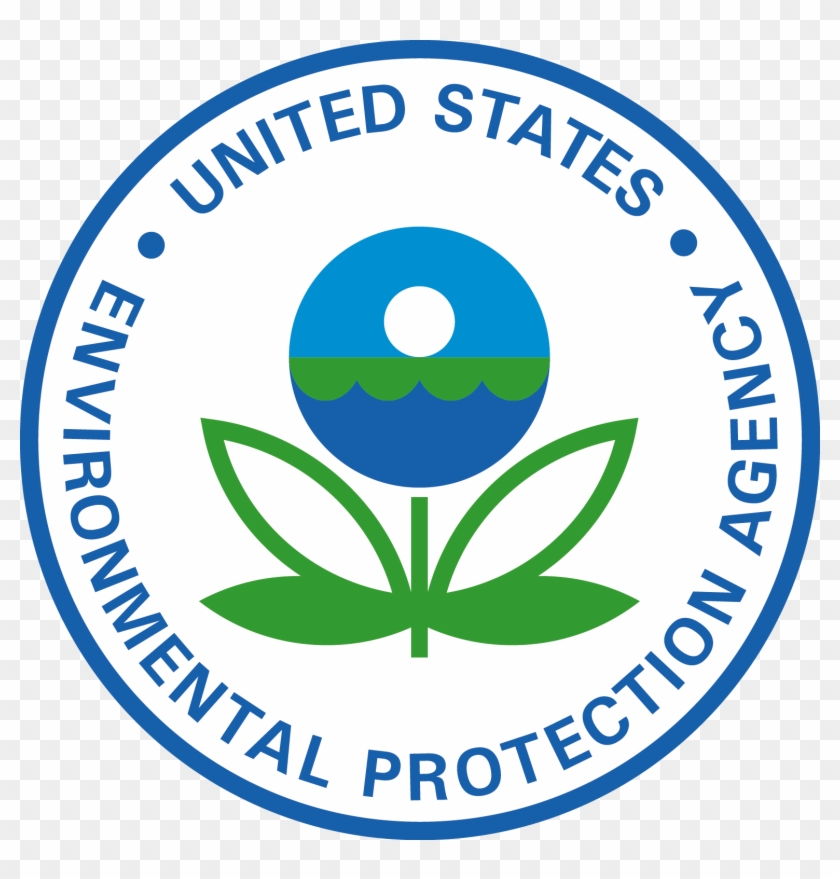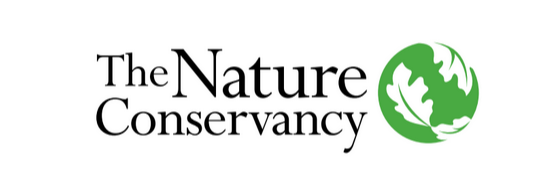Restoring Ecological Health and Aquatic Biodiversity (REHAB) of degraded dune and beach systems
Recent coastal assessment of Southeastern Wisconsin’s Lake Michigan Shoreline found factors that can lead to degrading coastal infrastructures, severe shoreline erosion, and coastal wetland and marine habitat loss. Specifically, the boundary of the Chiwaukee Illinois Beach Lake Plain includes critical Lake Michigan fisheries, and provides recreational opportunities to over 2 million visitors annually. Due to extreme water level fluctuations and changing climate, the coastal areas has been exposed to greatest vulnerability to water quality impairments, natural dune habitat loss, shoreline erosion, lake sediment depletion, interrupted shoreline flow processes, and failing revetment systems, which threaten the fishery, marine, and coastal wetland habitats, as well as several critical public infrastructures. Some stretches of shoreline loss was measured up to 20-25’ per year. If coastal resiliency improvement projects are not implemented, several near shore wetlands could be lost within the next decade. The overall goal of this project is to facilitate innovative approaches of natural infrastructure for Restoring Ecological Health and Aquatic Biodiversity (REHAB) of degraded dune and beach systems that would benefit coastal community resilience and fish and wildlife of southeastern Wisconsin Lake Michigan. The specific objectives towards achieving this overall goal are to:
- Develop innovative nature-based solutions to address dune erosion, rehabilitate habitat degradation, promote biodiversity through connectivity at Kenosha Dunes, WI.
- Provide conceptual designs for nature-based solutions to the identified high-priority degraded beaches in the three Southeastern Wisconsin Counties.
- Facilitate a new permitting of innovative nature-based solutions to add on the existing options of “ Placing Permanent Erosion Control Structures on Great Lakes” in Wisconsin.

